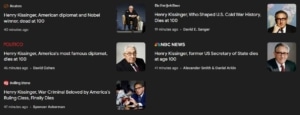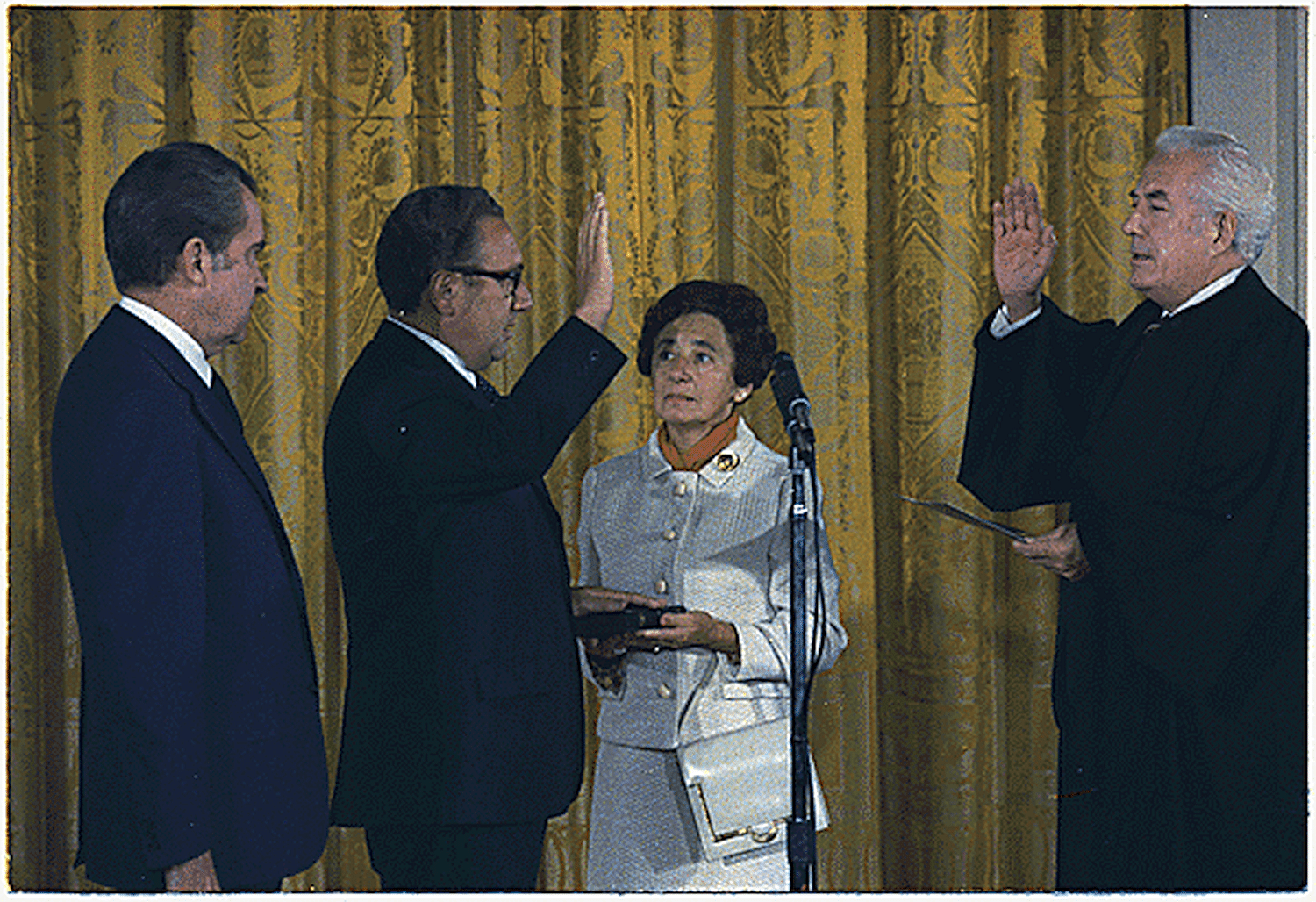The spooks and their congressional mouthpieces have again leaked details about Donald Trump not accepting their briefings often enough.
President-elect Donald Trump is receiving an average of one presidential intelligence briefing a week, according to U.S. officials familiar with the matter, far fewer than most of his recent predecessors.
Although they are not required to, presidents-elect have in the past generally welcomed the opportunity to receive the President’s Daily Brief (PDB), the most highly classified and closely held document in the government, on a regular basis.
It was not immediately clear why Trump has decided not to receive the intelligence briefings available to President Barack Obama more frequently, or whether that has made any difference in his presidential preparations.
An official on the transition team said on Thursday that Trump has been receiving national security briefings, including “routine” PDBs and other special briefings, but declined to specify their content or frequency, saying these matters were classified.
Trump has asked for at least one briefing, and possibly more, from intelligence agencies on specific subjects, one of the officials said. The source declined to identify what subjects interested the president-elect, but said that so far they have not included Russia or Iran.
[snip]
(Corrects to say Iran, not France, in fifth paragraph)
Of course, all this is supposed to generate pressure on Trump to do more briefings. Which would have the effect of briefers getting their face time with Trump instead of the people that Trump is presumably learning about these topics from — Mike Flynn, as well as lobbyists like Bob Dole, who set up Trump’s call with Taiwan president Tsai Ing-wen.
The repeated effort to pressure Trump into accepting briefings from the spooks reminded me of an anecdote Dan Ellsberg has told about what he briefed Henry Kissinger when he first entered government. Ellsberg told Kissinger that being briefed into compartments would, at first, be intoxicating. It would later lead him to disdain anyone not privy to the most secret information. But ultimately, Ellsberg warned Kissinger, “You’ll become incapable of learning from most people in the world.”
“Henry, there’s something I would like to tell you, for what it’s worth, something I wish I had been told years ago. You’ve been a consultant for a long time, and you’ve dealt a great deal with top secret information. But you’re about to receive a whole slew of special clearances, maybe fifteen or twenty of them, that are higher than top secret.
“I’ve had a number of these myself, and I’ve known other people who have just acquired them, and I have a pretty good sense of what the effects of receiving these clearances are on a person who didn’t previously know they even existed. And the effects of reading the information that they will make available to you.
“First, you’ll be exhilarated by some of this new information, and by having it all — so much! incredible! — suddenly available to you. But second, almost as fast, you will feel like a fool for having studied, written, talked about these subjects, criticized and analyzed decisions made by presidents for years without having known of the existence of all this information, which presidents and others had and you didn’t, and which must have influenced their decisions in ways you couldn’t even guess. In particular, you’ll feel foolish for having literally rubbed shoulders for over a decade with some officials and consultants who did have access to all this information you didn’t know about and didn’t know they had, and you’ll be stunned that they kept that secret from you so well.
“You will feel like a fool, and that will last for about two weeks. Then, after you’ve started reading all this daily intelligence input and become used to using what amounts to whole libraries of hidden information, which is much more closely held than mere top secret data, you will forget there ever was a time when you didn’t have it, and you’ll be aware only of the fact that you have it now and most others don’t….and that all those other people are fools.
“Over a longer period of time — not too long, but a matter of two or three years — you’ll eventually become aware of the limitations of this information. There is a great deal that it doesn’t tell you, it’s often inaccurate, and it can lead you astray just as much as the New York Times can. But that takes a while to learn.
“In the meantime it will have become very hard for you to learn from anybody who doesn’t have these clearances. Because you’ll be thinking as you listen to them: ‘What would this man be telling me if he knew what I know? Would he be giving me the same advice, or would it totally change his predictions and recommendations?’ And that mental exercise is so torturous that after a while you give it up and just stop listening. I’ve seen this with my superiors, my colleagues….and with myself.
“You will deal with a person who doesn’t have those clearances only from the point of view of what you want him to believe and what impression you want him to go away with, since you’ll have to lie carefully to him about what you know. In effect, you will have to manipulate him. You’ll give up trying to assess what he has to say. The danger is, you’ll become something like a moron. You’ll become incapable of learning from most people in the world, no matter how much experience they may have in their particular areas that may be much greater than yours.”
I’m not actually saying that it’s a good thing that Trump is resisting the spooks, though I do think they use classification to set up precisely this kind of seeming monopoly on information. I do, however, wonder whether Trump has driven this choice, or whether his advisors have.
It seems there’s a fight for the brain of Trump, even while he seems to be preparing to delegate all this stuff to his advisors.



